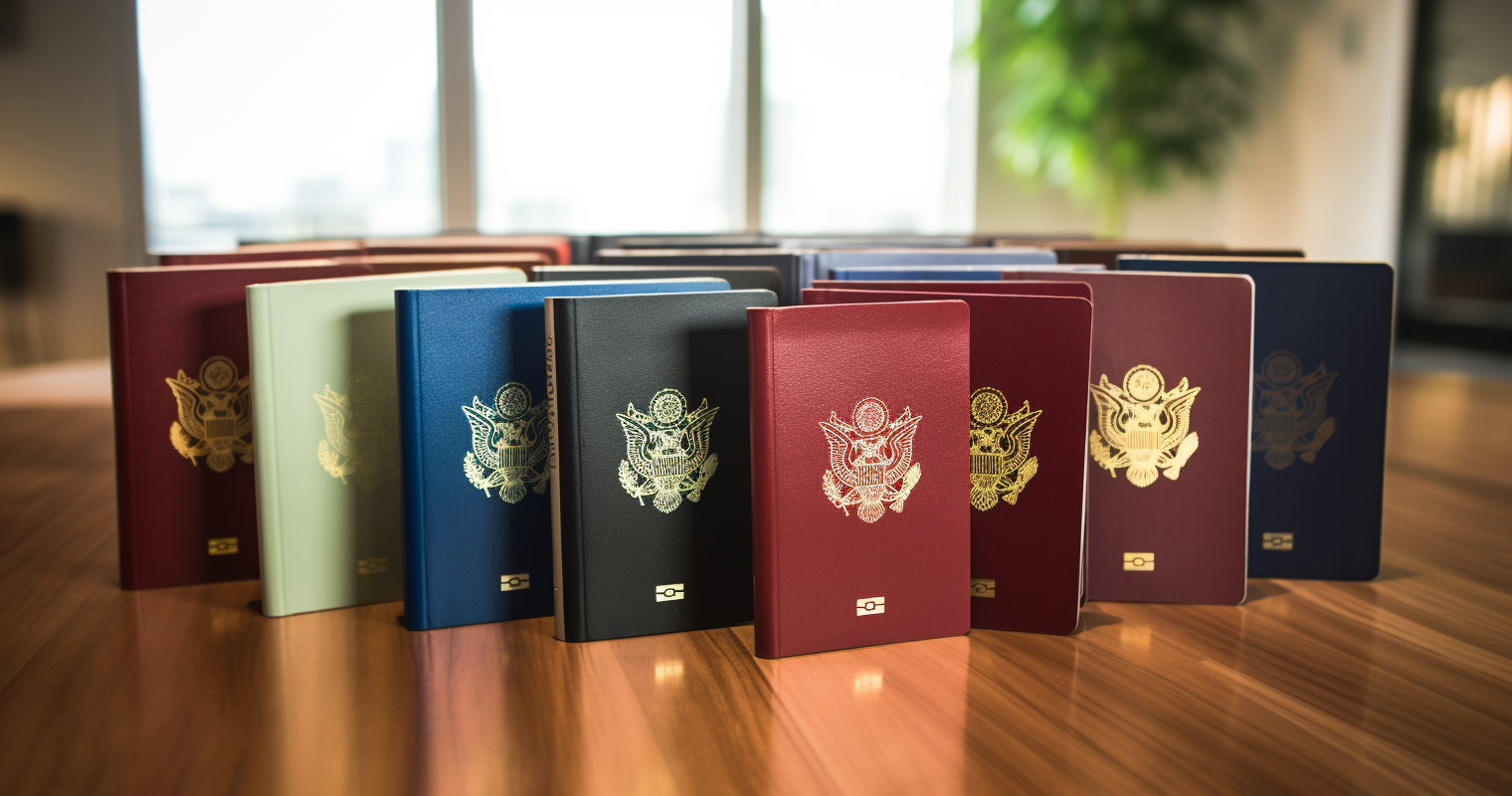In Vietnam, there are several ways to acquire citizenship. The most common way is through birth, with children born to Vietnamese parents being automatically granted Vietnamese citizenship. Other ways to acquire citizenship include through marriage, adoption, or naturalization.
Process of Applying for Citizenship in Vietnam
The process for applying for citizenship in Vietnam varies depending on the specific circumstances of the applicant. Here are some of the most common ways to apply for Vietnamese citizenship:
Birth: Children born to Vietnamese parents are automatically granted Vietnamese citizenship. The parents must register the child’s birth with the local authorities to obtain a birth certificate, which will serve as proof of citizenship.
Marriage: Foreigners who are married to Vietnamese citizens can apply for citizenship after residing in Vietnam for at least five years. The application process involves submitting various documents to the local authorities, including a marriage certificate, proof of residency, and a criminal record check.
Adoption: Foreigners who adopt a Vietnamese child can apply for citizenship on behalf of the child. The application process involves submitting various documents to the local authorities, including proof of adoption and a criminal record check.
Naturalization: Foreigners who have resided in Vietnam for at least five years and meet certain criteria can apply for naturalization. The criteria include having a clean criminal record, being able to speak Vietnamese, and having a job or means of support. The application process involves submitting various documents to the local authorities, including a criminal record check, a certificate of Vietnamese language proficiency, and proof of employment or means of support.
Advantages of Being Granted Citizenship in Vietnam
There are several advantages to being granted Vietnamese citizenship, including:
Access to public services: Vietnamese citizens have access to a wide range of public services, including healthcare, education, and social welfare programs.
Right to vote: Vietnamese citizens have the right to vote in national and local elections.
Ease of travel: Vietnamese citizens can travel freely within Vietnam and do not need to obtain visas or permits to work or study in the country.
More job opportunities: Vietnamese citizens may have more job opportunities and may be eligible for certain jobs that are reserved for citizens only.
Rules Surrounding Dual Citizenship in Vietnam
In Vietnam, dual citizenship is generally not recognized, and the country requires its citizens to renounce their foreign citizenship when they become Vietnamese citizens. However, there are some exceptions to this rule, including for Vietnamese citizens who were born overseas or have a foreign spouse. In these cases, the individual may be able to maintain dual citizenship, but they must obtain permission from the Vietnamese government.
Reliable Information on Citizenship in Vietnam
For reliable and up-to-date information on citizenship in Vietnam, individuals can consult with the Vietnamese embassy or consulate in their country of residence. The Vietnamese government’s immigration website is another good resource for information on citizenship requirements and procedures.

